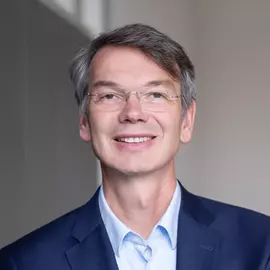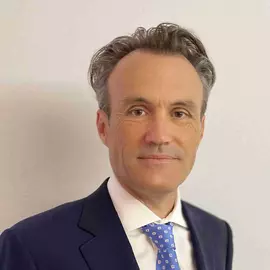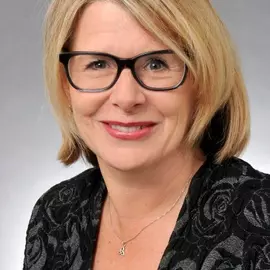About us
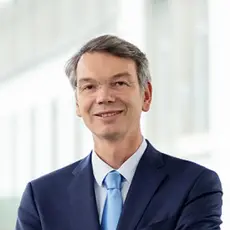
"Engineers develop solutions to tackle the major challenges of our society, such as climate change or the AI revolution. For this purpose, we educate them at the School of Engineering."
Prof. Dr. Dirk Wilhelm, Dean and Managing Director ZHAW School of Engineering
The School of Engineering
As one of the leading engineering faculties in Switzerland, the School of Engineering focuses on topics which will continue to be relevant in future. Our 14 institutes and centres guarantee superior-quality education, continuing professional training, and research and development with an emphasis on the areas of energy, mobility, information and health. The range of study programmes is oriented to the needs of businesses and the economy, and combines scientifically well-founded training as an engineer with a strong practical relevance and an interdisciplinary approach.
Founded back in 1874 as the Technikum Winterthur, the School of Engineering is an institute of education with a rich tradition. Today, it forms one of eight departments of the ZHAW Zurich University of Applied Sciences.
Attractive and future-focused study programme

The School of Engineering offers a broad range of study programmes and majors, some of which are unique in Switzerland, and which are designed to address the current needs of business and society. The ten types of Bachelor degree impart engineering expertise and problem-solving skills with a strong focus on practical aspects. This enables well-equipped and well-prepared graduates to enter their profession. In addition to a sound education in the basic principles, some 2300 students also benefit from the extensive range of specialised majors and elective courses. Top-performing graduates can continue with a Master of Science in Engineering.
Research and development with an interdisciplinary approach
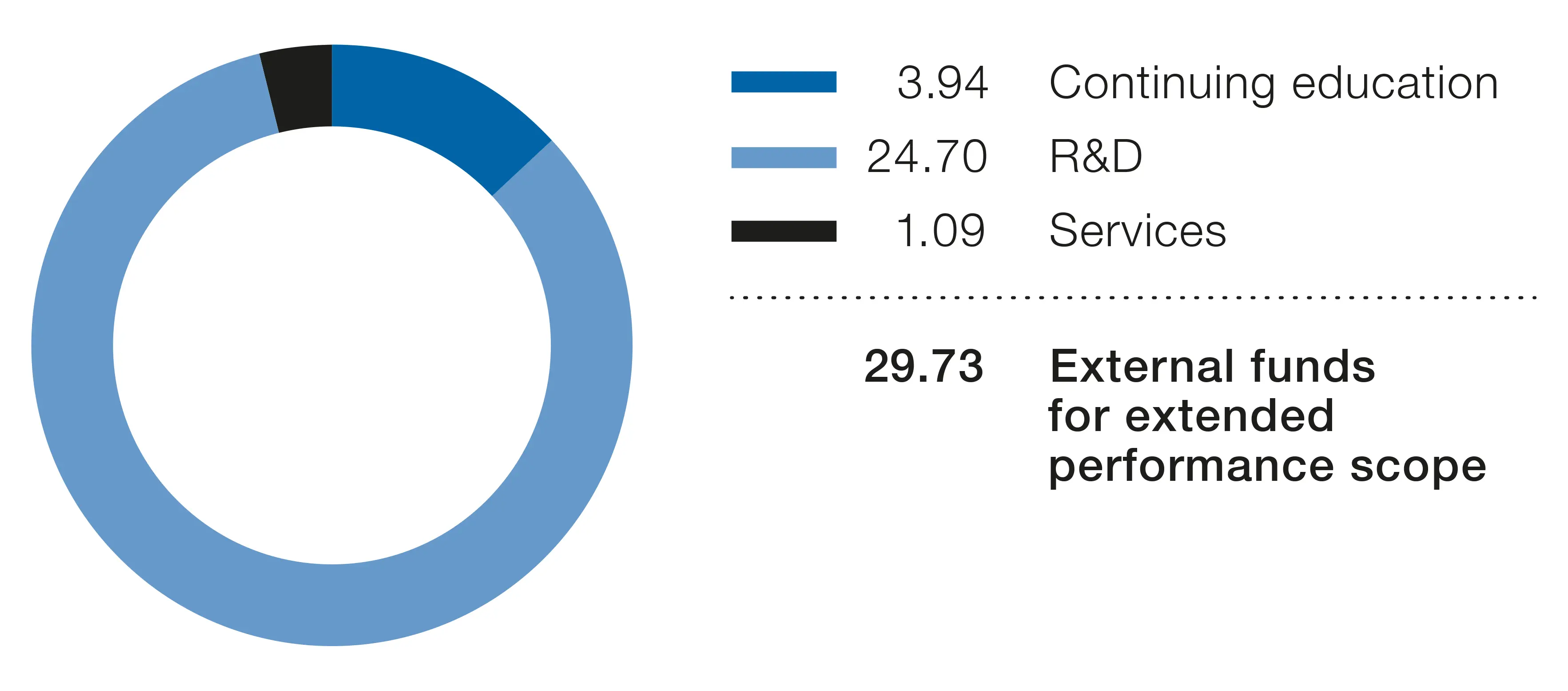
The current industry demands also dictate the points of research focus at the School of Engineering. Scientifically-based and innovative solutions are derived in cooperation with business partners and institutions in Switzerland and abroad. The institutes and centres thus work together at the interdisciplinary level.
Continuing professional development
Continuing professional development for engineers is one of the most fundamental requirements in today's knowledge-based society, especially in the technical fields. The School of Engineering's comprehensive professional development options are geared towards current market demands and have a modular structure.
All the essential information on the ZHAW School of Engineering at a glance.
International collaboration
The ZHAW School of Engineering maintains a network of international partnerships covering both research collaboration and teaching. We promote international student exchanges through programmes with universities in 30 countries. In all, staff from 52 different nations are employed here, either at the ZHAW School of Engineering itself or in international teams working on EU projects or collaborations between universities.
Since 2023, the ZHAW has been a member of EELISA - short for ‘European Engineering Learning Innovation and Science Alliance’ - an association of ten universities from eight European countries. Its aim is to transform European higher education and strengthen interdisciplinarity in engineering education. Membership of the Alliance offers students access to exchange programmes, internships and study visits at the Alliance's partner universities.
An Overview
Staff and Administration
Board of Directors
Deans assistant
Group photo of the teaching team

Organisation
Organisation chart ZHAW School of Engineering.
At a glance
Research areas: Energy, mobility, information and health
Graduate and undergraduate programs: 10 Bachelor's degree programmes, Master's degree programme
Continuing Education: 3 International Master‘s Degrees, 3 Master of Advanced Studies (MAS), 5 Diploma of Advanced Studies (DAS), 21 Certificates of Advanced Studies (CAS), 9 Continuing education courses
Students: 2271 Bachelor and master degree students, 1124 continuing education students
Staff: 247 lecturers, 353 researchers and assistants, 91 administrative/technical staff
